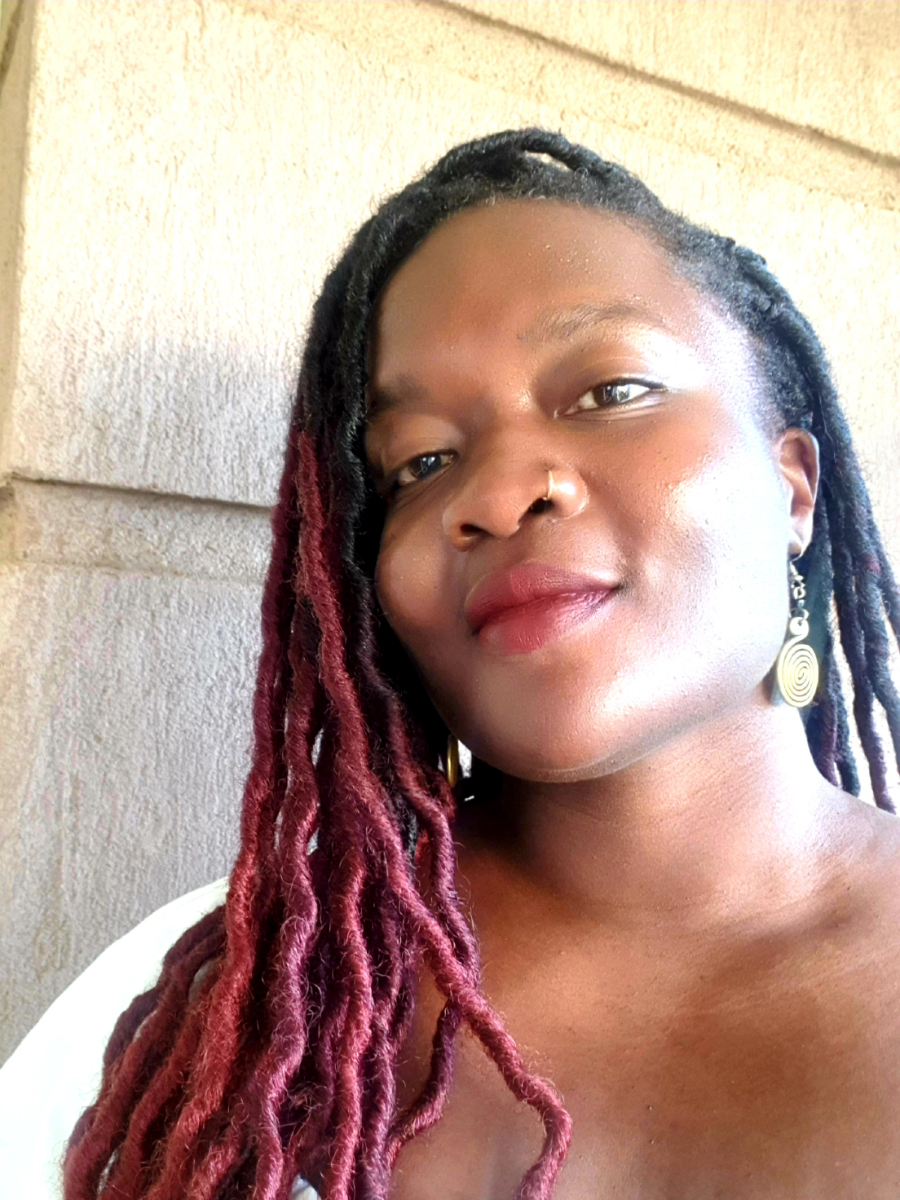4 Minute read
Life after graduate research: Dr Kagonya Awori
Dr Kagonya Awori is passionate about enabling the tech industry to develop new technologies to benefit Africa, and scale to the world.
Budding PhD candidates should not be afraid to pursue topics that “get you out of bed every day,” says Dr Kagonya Awori.
“You should be passionate about the area, that’s number one. And number two, think about why you’re doing a PhD. Some people get discouraged because they think ‘I’ll do my PhD and it will sit in some online archive somewhere’. But you can contribute more than that. The lessons that you learn through the experience will carry through with you in life.”
Dr Awori is uniquely qualified to offer advice about undertaking a PhD. As an applied scientist and user experience specialist who undertook a PhD in Engineering and IT, she has spent a lot of time thinking about knowledge.
“Knowledge is tied to people, place and practice,” she says. “And actually, knowledge is created by doing it. If you take knowledge and you store it in a book somewhere, and you don’t practice it, then it’s not going to grow and be naturally cultivated.”
She explored this theme in her PhD, which focused on Human-Computer Interaction, examining the design of video communication technologies that support the nurturing of Indigenous knowledge over distance.

“We can focus a lot on textual communication, and limiting knowledge to be transferred, or passed down, by text. But there is a lot of knowledge that’s passed on orally, especially in African communities and communities in the Global South,” she says.
“So, how can we ensure that this oral knowledge is passed down? Video affords this very well. That’s one reason why I looked at mediated communication – for the nurturing of Indigenous knowledge.”
Through technological deployments between elders in Kenya and Kenyan transnationals living in Australia, her research contributed to new knowledge on 360-degree video conferencing and Afro-centric technology design.
“Globalisation is very much Western knowledge and information. So, I asked myself – how can we then get other sources of knowledge and information that are actually African? How can we then connect the growing of this knowledge – even as it happens in rural areas, or is tied to elders? That’s really the motivation for a lot of work I do.”
Embracing opportunity
After studying an undergraduate degree in Kenya, Dr Awori embarked on a masters degree in the USA. She knew she wanted to undertake a PhD but was deterred by the American approach, which often involves another five-to-seven years of study.
When friends moved to Australia, she investigated the options and chose to undertake a PhD at the University of Melbourne because “I’m somebody who likes to go for the best for myself,” she laughs.
The “number one highlight” of her time at the University was the relationships she developed with her supervisors Professors Frank Vetere and Wally Smith, she says.

I’m a black woman, and my two major supporters were white men, and I loved that! I would not have had a beautiful PhD experience without my two supervisors.Dr Kagonya Awori
At the University of Melbourne, she found a cultural melting pot, where students were unafraid to ask each other about their lives, and share their experiences informally.
“It really opens up your mind. It can sharpen your mind too. We were all from different walks of life, at different life stages and ages and working styles. It really prepared me well for the outside world.”
A new identity
While researching her PhD, Dr Awori landed an internship at Microsoft. The experience helped prepare her to embrace a research-driven career, including stints as the User Experience and Design Lead at Safaricom PLC, the largest telecommunications company in East Africa, and working as an applied scientist for Microsoft.
At the start of 2024, she joined Google as the User Experience Research Lead for Search in Sub-Saharan Africa.
“The common thread through [my career] has been creating technologies that will benefit the [African] continent, and then scale to the world. How do you create new technologies? How do you create the solutions to tough problems? Uniting it all is the fact that essentially, I’m a researcher.”
Undertaking a PhD has also enabled her to fully inhabit an identity as an expert, an achievement she is proud to say can never be taken away from her.
“It’s an identity that I love, it’s just so important to me. I’m not a reduced version of anything, just because I’m black, and I’m a woman. I’m Kagonya. In fact, I’m Dr Kagonya!”
First published on 20 March 2024.
Share this article
Keep reading
-
Why research with us
Explore the benefits of undertaking your graduate research at the University of Melbourne.
-
Your research options
Explore your options as a graduate researcher at the University of Melbourne.
-
Your study experience
Discover what it's like to be a graduate researcher. Find out about University life, support services, and opportunities for skills development.
-
How to apply
Find out how to apply for graduate research at the University of Melbourne.